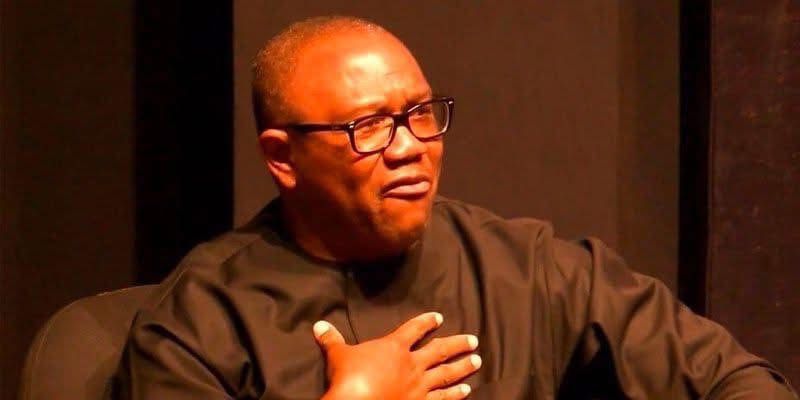Peter Obi’s statement did not just spark debate among right thinking persons from within and external to the Obidients, it exposed the weaknesses that have long followed him like a shadow.
He is a leader who tries to be everything to everyone, then ends up standing for nothing in particular. Instead of offering clarity, he leaned on vague positioning that pleased no one and irritated everyone.
For a long time, when a moment demanded steadiness, he drifted toward whatever reaction seemed safest. That comes across as fecklessness, because real leadership requires taking a stand even when the ground is uncomfortable.

The divisiveness in his tone was never the loud, aggressive kind; it was subtle, and even more dangerous. His established style is to hedge his way through sensitive political moments, by sending different signals to different groups, each one tailored to what he thought they wanted to hear. That kind of triangulation may work in small rooms, but it fractures a national audience.
Nigerians are tired of coded messages, we want plain speech and honest positioning. His rank opportunism is what stings most. The sense that he reads the public mood before he speaks, instead of shaping it.
A leader who shows up only when the winds are favorable, ends up feeling reactive, not visionary. Moments of national tension, are moment to test a politician’s instincts. Every time, Peter Obi’s response suggested calculation, not conviction.
The mask has finally slipped with his statement on Kanu. For once, those who joined his project under false assumptions, now see the gap between the image, and the instinct. In politics, that shift in perception is where real trouble begins.
Peter Obi’s silence on IPOB violence is where the political damage cuts deepest. His silence in the face of bloodshed signals a leader who wants the moral glow of national unity without paying the political cost of confronting his own base.
In Nigerian politics, every region has its extremists. A serious national figure has to call out violence whether it comes from militants in the Delta, bandits and terrorists in the North or separatists in the Southeast.
When Obi refuses to name IPOB’s brutality plainly, it tells the country he is still campaigning for applause, not governing with courage. That silence is not neutral. It emboldens the violent actors who believe they are untouchable. It alienates other regions who see his reluctance as proof that he will look the other way if the violence serves political narratives.
You cannot preach justice while avoiding the ugliest truths in your own backyard. Nigeria needs leaders who can speak across regions without fear of losing votes. Leaders who understand that condemning violence is not ethnic disloyalty; it is the bare minimum of national responsibility. Obi’s evasiveness on IPOB has now hardened into a political instinct people can see clearly. And once the country senses that a leader’s moral compass bends toward convenience, every future statement is read through that lens.
That is the real political punch of his previous silence and the performative statement he released. I celebrate that the mask has fallen off. Finally!
Stay ahead with the latest updates!
Join The Podium Media on WhatsApp for real-time news alerts, breaking stories, and exclusive content delivered straight to your phone. Don’t miss a headline — subscribe now!
Chat with Us on WhatsApp




